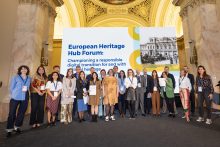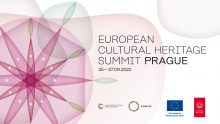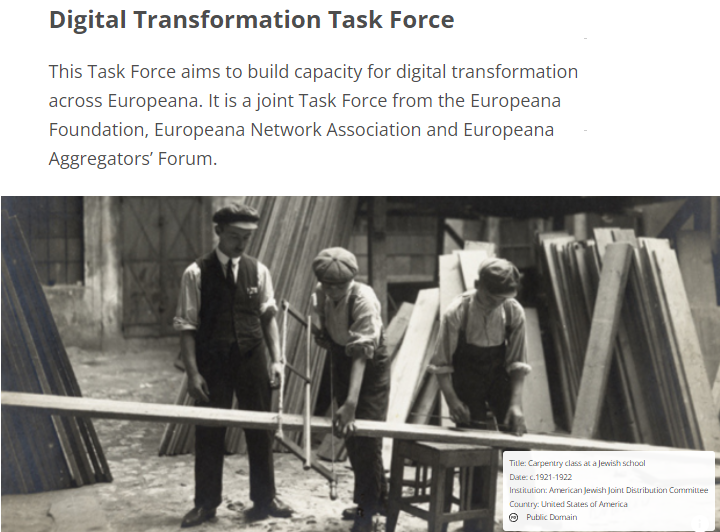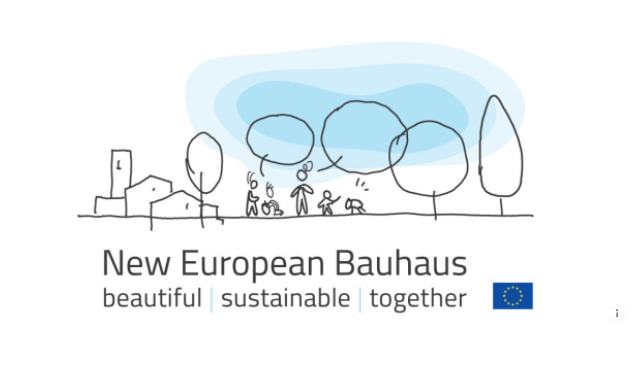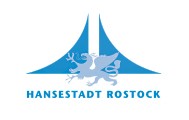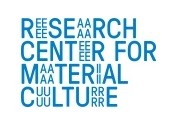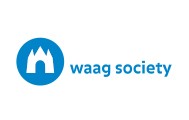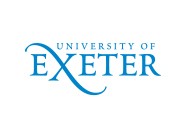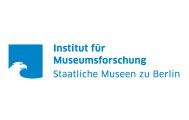 The project Cultural Heritage Counts for Europe will gather, analyze, consolidate and widely disseminate the existing data on the impact of cultural heritage – i.e. the impact on the social, economic, cultural as well as environmental. It will result in a European mapping of both qualitative and quantitative evidence-based research carried out at the European, national, regional, local and/or sectorial levels.
The project Cultural Heritage Counts for Europe will gather, analyze, consolidate and widely disseminate the existing data on the impact of cultural heritage – i.e. the impact on the social, economic, cultural as well as environmental. It will result in a European mapping of both qualitative and quantitative evidence-based research carried out at the European, national, regional, local and/or sectorial levels.
Europa Nostra leads the project in partnership with 5 other organisations, ENCATC (the leading European network on arts and cultural management and policy education), Heritage Europe-EAHTR (European Association of Historic Towns and Regions, UK), The International Cultural Centre (Krakow, Poland), The Raymond Lemaire International Centre for Conservation (RLICC, KU Leuven, Belgium), and The Heritage Alliance (as associate partner from England, UK). The project is supported by the Culture Programme of the European Union.
The project’s research considers the impact of the historic environment. It takes the immovable or built heritage as a starting point, whilst taking into account that cultural heritage is currently considered as a broad concept including the tangible as well as the intangible.
 In order to gather as much data as possible on existing impact studies in Europe, until the end of March 2014 Europa Nostra collected in particular:
In order to gather as much data as possible on existing impact studies in Europe, until the end of March 2014 Europa Nostra collected in particular:
- Studies indicating that immovable cultural heritage (or heritage in general) has a social, cultural, environmental and/or economic impact (studies can thus prove impact on one or more of these areas);
- Impact assessments of cultural heritage on European, national, regional or local level;
- Impact assessments published as a report, in books or as an article in international peer reviewed journals, etc.
- Contact details for key persons in regard to this topic
- Websites
- Etc.
 The mapping of the collected material will be presented in a spreadsheet which will allow the project partnership to include and analyze relevant data (reference, impact domain, sub-domain, indicators used, summary of main arguments to prove impact, etc.) of these studies. This will enable to present an overview of social, cultural, economic and environmental impacts of immovable cultural heritage in order to develop policy recommendations, define shortcomings in existing research in Europe and recommend a future research agenda on the topic for Europe.
The mapping of the collected material will be presented in a spreadsheet which will allow the project partnership to include and analyze relevant data (reference, impact domain, sub-domain, indicators used, summary of main arguments to prove impact, etc.) of these studies. This will enable to present an overview of social, cultural, economic and environmental impacts of immovable cultural heritage in order to develop policy recommendations, define shortcomings in existing research in Europe and recommend a future research agenda on the topic for Europe.
For more information visit: http://www.europanostra.org/
 RICHES on Twitter: #richesEU
RICHES on Twitter: #richesEU





